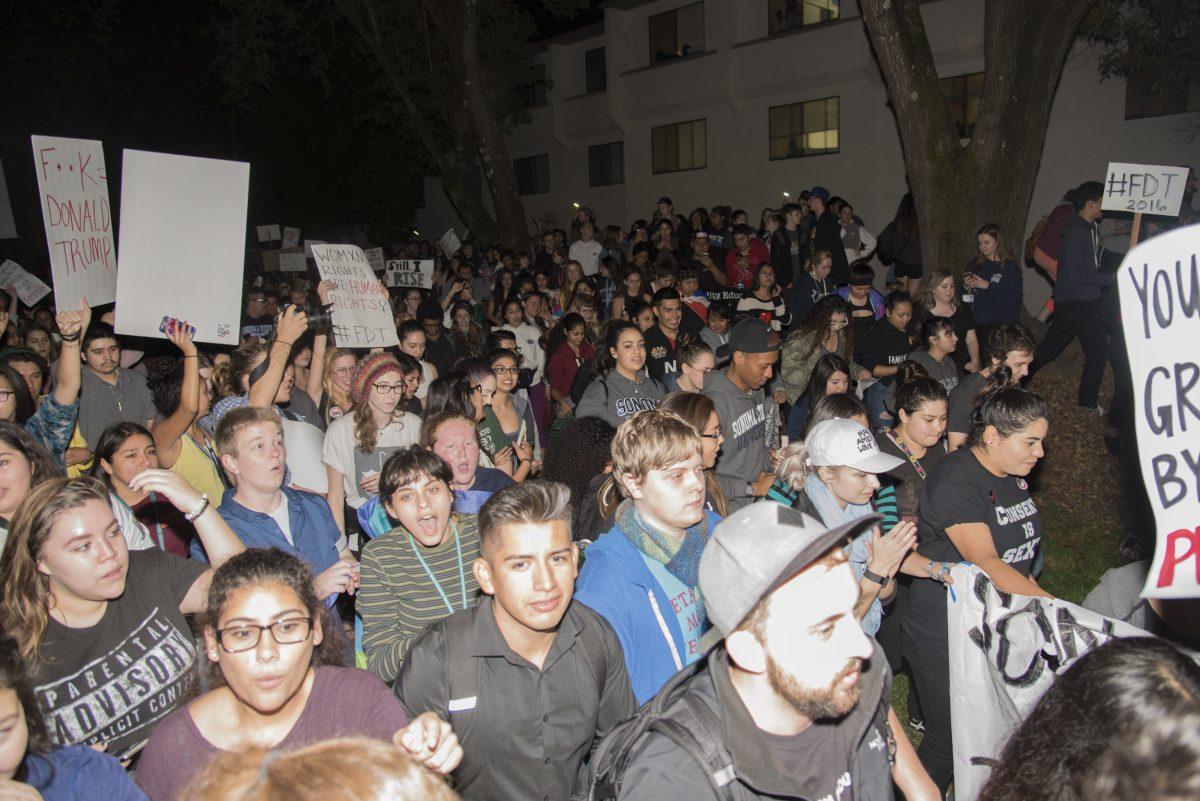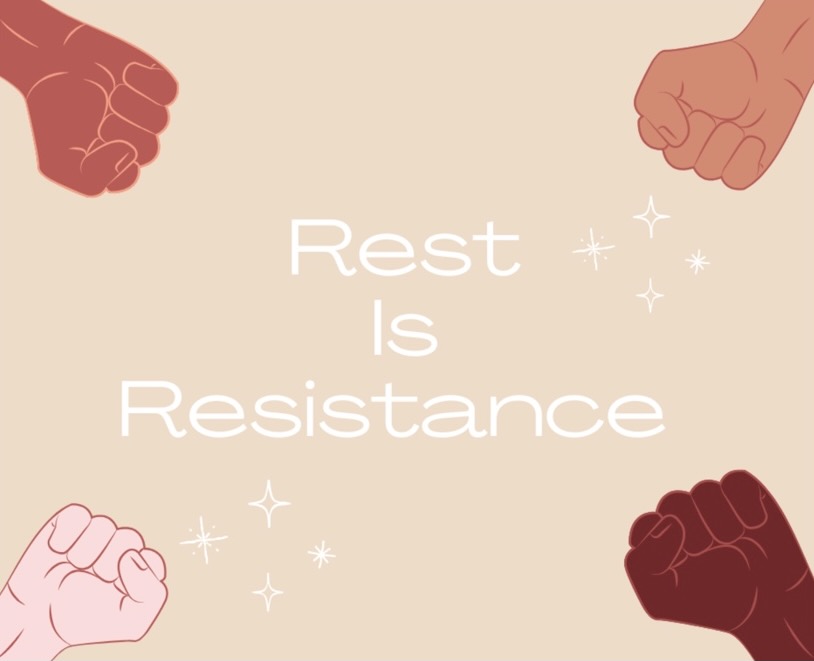When American soldiers came home from the jungles of Vietnam, scores of citizens accused them of being “baby killers.” Just a few decades later it seems the cultural attitude towards the military has shifted drastically.
Nowadays, one can expect to be accused of “hating the troops” for criticizing the decision to invade Iraq in 2003. Offering an opinion that suggests our military may have committed a wrongdoing is met with severe condemnation from many Americans.
As someone who was born and raised in Oceanside, CA, I’ve been exposed to many aspects of American military culture. This is because San Diego County’s northernmost city of Oceanside is home to Marine Corps base Camp Pendleton, arguably the most significant military installation on the west coast.
While growing up, many of my friends were children of military families. Plenty of people in my life now are either currently serving or retired from the military. I have witnessed the struggles of deployment and PTSD firsthand and I have tremendous respect for anyone who dedicates so much of themselves to the armed forces. However, I also have tremendous frustration with people who think the military is a sacred institution that acts purely out of ethical concerns.
Carl von Clausewitz, a Prussian general of the 1800’s, once said that, “war is the continuation of politics by other means.”
While the American military does undertake a number of humanitarian missions, the primary role of our armed forces is to be ready for combat. That fact shouldn’t be forgotten.
The idea of the military being a league of liberty-defending heroes tends to stem from the belief that America is truly the land of the free and home of the brave, and that it is our solemn duty to spread our prosperity to the rest of the world under the great flag of democracy. (This bears an eerie resemblance to the colonial-era sentiment of White Man’s Burden, but that’s a whole other conversation).
When presidential candidate Jeb Bush was being questioned on his stance concerning the 2003 Iraq War, Fox News pundit Megyn Kelly asked, “to the families of those who died in that war, who say they liberated a country and deposed a ruthless dictator, how do you look at them now and say your brother’s war was a mistake?”
It is true that Saddam Hussein is no longer in the picture, but whether Iraq is better or worse off because of this is a highly debatable issue, especially since Hussein was able to provide a level of stability to the region that is now noticeably absent, what with the Islamic State’s rapid incursion into Iraq.
The U.S. initially invaded Iraq under the pretext that Hussein had possession of WMD’s, but when no WMD’s were recovered, many proponents of the war began to suggest our true victory was in removing an authoritarian regime from power.
Sidestepping a discussion involving the industrial military complex and several 9/11 conspiracy theories, it’s safe to say that the true reason behind invading Iraq had nothing to do with rescuing the Iraqi people from a brutal dictatorship.
If the U.S. were truly interested in eliminating repressive regimes, then we wouldn’t be actively supporting so many dictators throughout the world, such as those ruling Saudi Arabia and Turkmenistan.
Our armed forces aren’t deployed to safeguard freedom; they are deployed to serve our geopolitical interests. This doesn’t necessarily mean that our military is the arm of a selfish empire, though. Nor does it mean that everyone in the military is a mindless pawn on the chessboard of greedy men in suits. It simply means that the military serves a purpose, and that purpose is not to be the champion of liberty.
It’s interesting that, despite the hero narrative associated with the military, that our country is plagued with systematic incompetency in serving veterans. In speaking with former Staff Sergeant Josh Henebry, he explained that, “The GI bill is barely keeping me above water.” The biggest help he has had by far has been from non-governmental charities, who recently helped him to purchase a car. Henebry also expressed his frustration with the Veterans Administration, especially when it came to medical care.
“Taking care of vets should be a part of the cost of war. If you can’t take care of ‘em when they come back, then don’t send ‘em in the first place,” said Henebry. As much as Americans talk about supporting the troops, that talk doesn’t seem to translate into action very well. Surprise, surprise.
The ideal of the American military being the superheroes of civil liberties and democracy is simply not accurate. Throughout history and up to the current day, our military has rubbed shoulders with leaders who spit on the notion of human rights.
For instance, we are currently aiding Saudi Arabia in an air strike campaign against Houthi rebels in Yemen. This war-crime ridden campaign has killed thousands of civilians and drawn condemnation from much of the international community. But again, this doesn’t mean that the American military is comprised of a bunch of power hungry thugs.
It simply shows that the military is an institution like any other, one that is complex and deserving of a complex perspective, not the simplistic narrative many who claim to support the troops propagate.


































